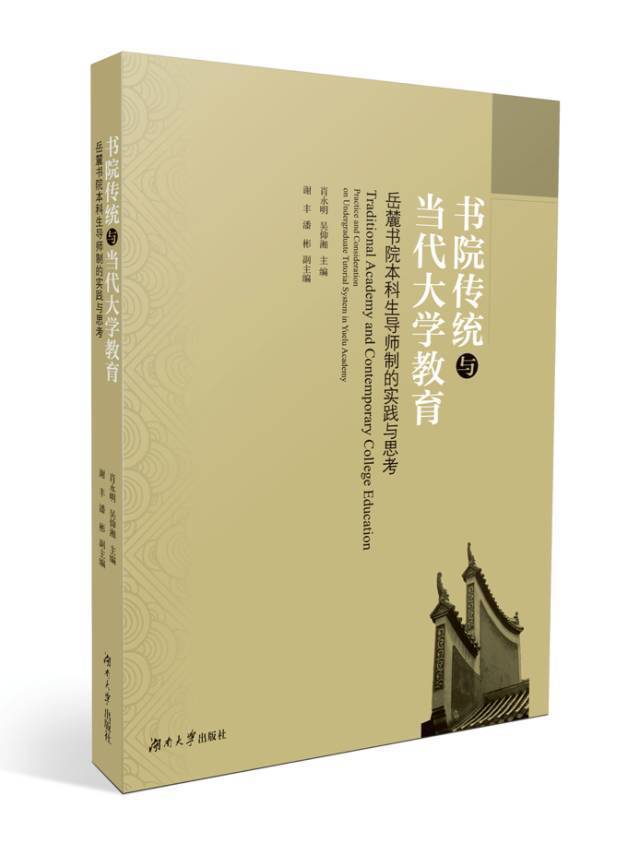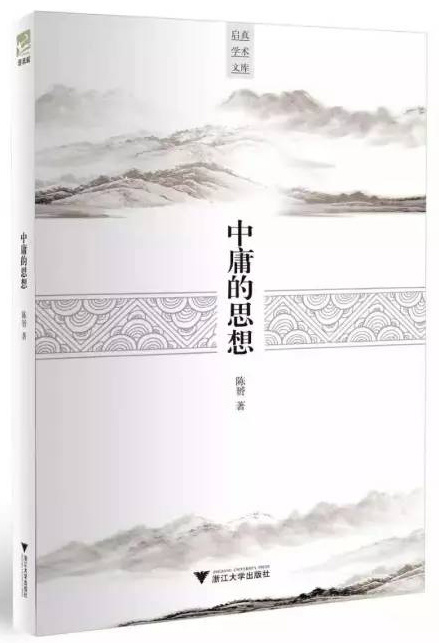Confucian.com’s 2017 Top Ten Best Books Shortlist
(Ideology and Academic Category)
Sort by publication time
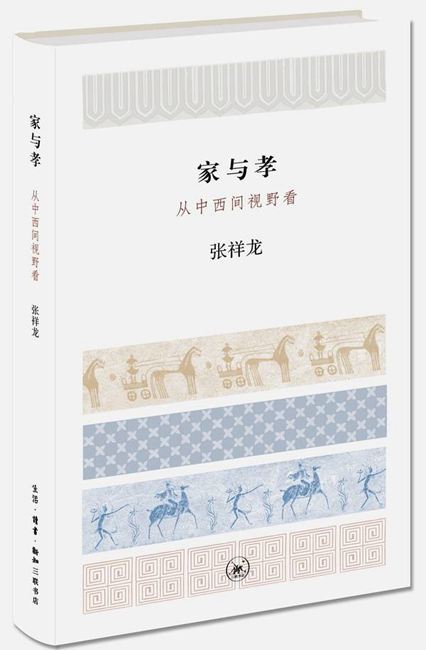
[“Family and Filial Piety: From a Chinese and Western Perspective” by Zhang Xianglong]This book is one of the author’s recent works on “Family and Filial Piety” and is closely related to Eastern philosophy and civilization. A collection of articles that are relevant and interesting in comparison between China and the West. The author systematically elaborates on the Eastern late Yuanyang Degel and other thoughts on home. Through comparison between China and the West, he reminds that the most unique feature of traditional Chinese philosophy lies not only in family circumstances, but also in its understanding of “home” as a directly identifiable An experiential parent-child approach. The author believes that the understanding of the phenomenon of filial piety and the consciousness of filial piety is a key to understanding the uniqueness of family and human beings, as well as a key to understanding Confucianism and its future. Life·Reading·New Knowledge was published by Sanlian Bookstore in January 2017.
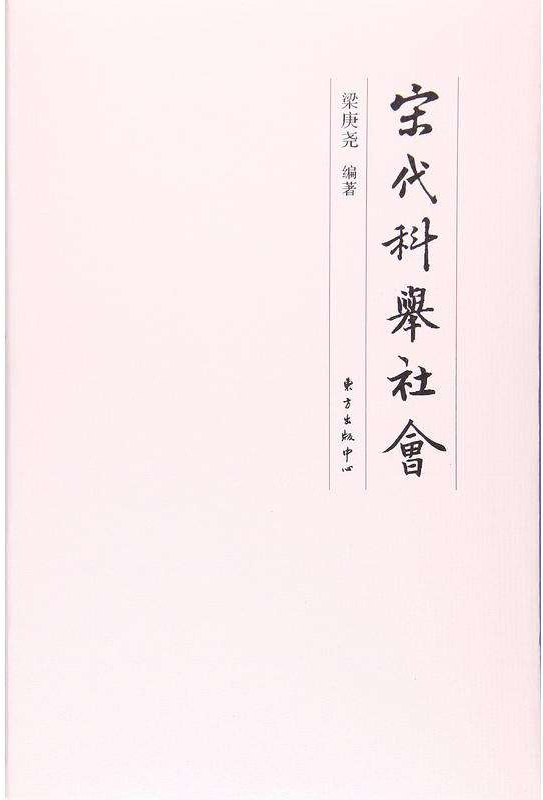
[“The Imperial Examination Society in the Song Dynasty” written by Liang Gengyao]This book provides an in-depth analysis of the operation mode of the imperial examination system in the Song Dynasty and the driving force behind it. further elaborate on this The impact of the system on society and the formation of imperial examination culture present the rich connotations of the imperial examination society in the Song Dynasty, leading readers to have a deep understanding of the imperial examination system, and through this system, they can understand Chinese society, especially the lives and psychology of the intellectuals who were responsible for civilization. and its related civilizations. This book is a model work for the study of Chinese imperial examination culture and the social history of the Song Dynasty. It has been well received by academic circles at home and abroad since its publication. Published by Oriental Publishing Center in January 2017.
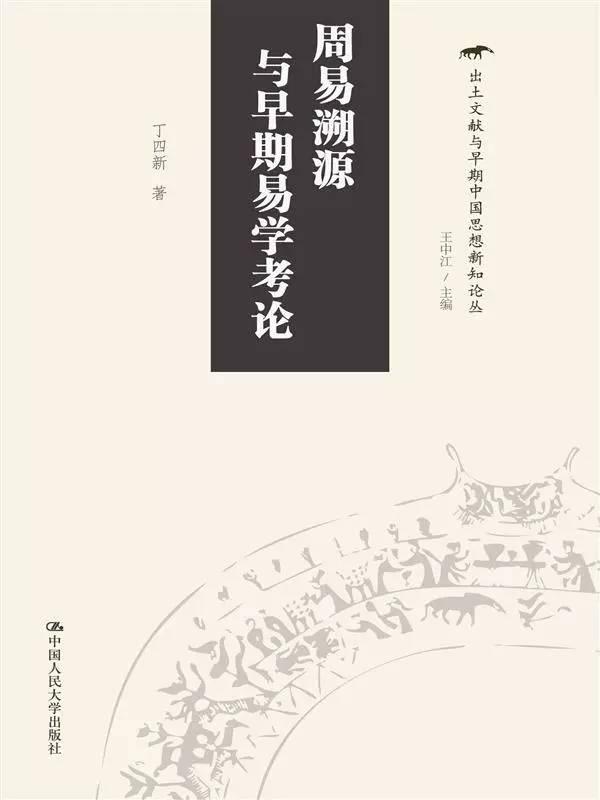
[Ding Si’s new book “Tracing the Origins of the Zhouyi and Examining the Late Yixue”]This book is the result of the author’s long-term research on the unearthed Yixue Rally. The first two chapters respectively discussed the issue of numerical hexagrams, sorted out the three chapters of “Shuo Gua” and the “Yi” written by Jizhong Bamboo, and solved the serious problem of “what is the nature and source of the hexagrams and lines of the “Zhou Yi”” Difficult questions. The middle five chapters study the text and thinking of the Mawangdui silk book “Book of Changes”; from four aspects of the interpretation of the “Yi” principles, the theory of yin and yang, the theory of Qian and Kun, as well as the present version and the comparison of thoughts on the silk book, the silk book is comprehensively summarized and discussed The basic points of philosophical thinking in “Yi Zhuan” and its academic value; it also demonstrates the views of “Confucius said” and “Confucius said” in the two chapters of “Miao He” and “Zhao Li”. The last two chapters sort out and analyze the textual evolution characteristics of the two classics “Laozi” and “Zhouyi” and the mutual influence of textual thoughts, and discuss the philosophical interpretation of the “Zhouyi” classics from the perspective of unearthed Yixue materials. Published by Renmin University of China Press in February 2017.
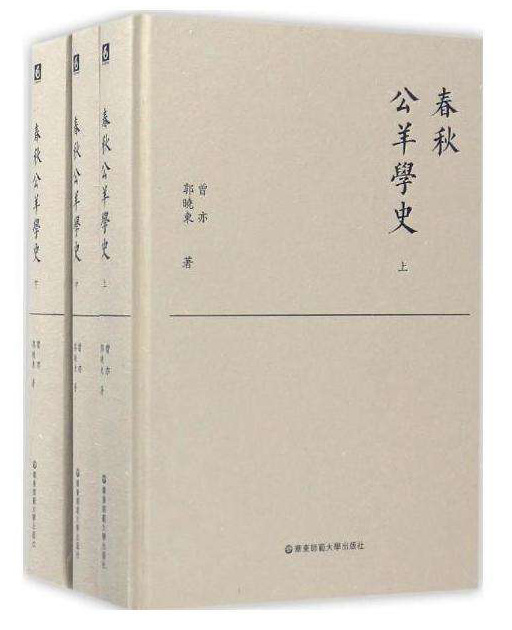
[Zeng Yi and Guo Xiaodong wrote “History of Gongyang Studies in the Spring and Autumn Period”]Professor Xu Hongxing commented: “History of Gongyang Studies in the Spring and Autumn Period” Part 1 The book has many volumes and took seven or eight years to complete. Professors Zeng Yi and Guo Xiaodong have been engaged in teaching and research in related fields for many years and have made many important academic results. Although this book is a general work, it involves the study of many important figures and works, such as Ruo Xiu, Xu Yan, Liu Fengchu, Kong Guangsen, Dai Kan, Su Yu, etc., as well as “The Biography of Gongyang”, “Chiefeng Fanlu” “, “The Interpretation of Spring and Autumn Gongyang” and other works, the specialized research is still a task of filling the gaps. Overall, this book is groundbreaking in many aspects. Published by East China Normal University Press in March 2017.
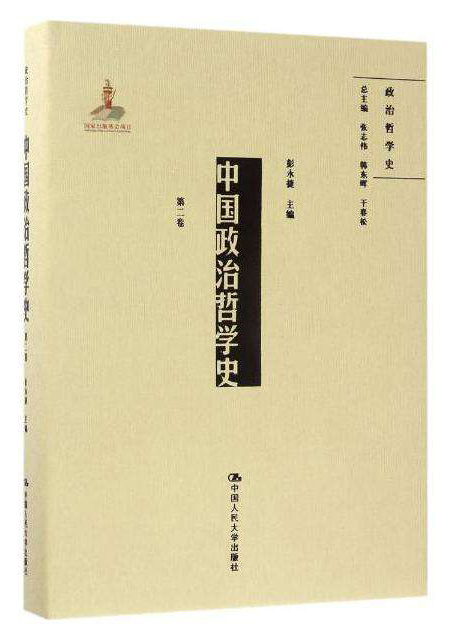
[“History of Chinese Political Philosophy (Volume 2)” edited by Peng Yongjie]The content of this volume is from a time span perspectiveGenerally speaking, it covers the long period from the Han Dynasty to the late Ming and early Qing Dynasties. The authors of this book strive to describe the political world of modern people. In their view, the better we understand the spiritual world of modern people, the more reason we have to believe that although the lives of modern Chinese people are far away from us, they still have the due role for human beings. Various understandings of life concepts and life styles are still full of enlightenment and inspiration for our ancients. Published by Renmin University of China Press in March 2017.
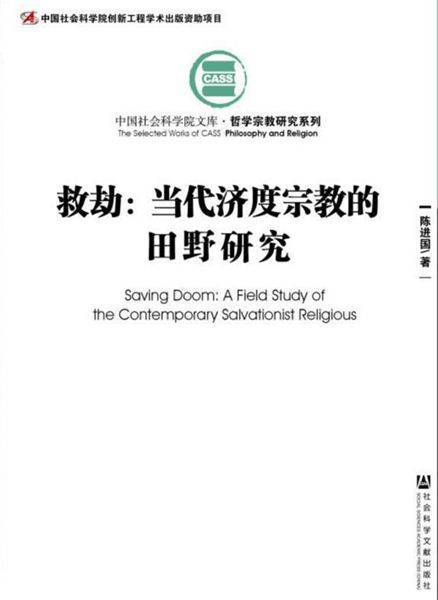
[Chen Jinguo’s “Rescue from Disaster—A Field Study on Contemporary Jidu Religion”]This book is the author’s profound experience in Fujian, Guangdong, Jiangxi, Reflective results of long-term field surveys in Taiwan, Hong Kong, Macao and Southeast Asia. The author closely follows the “salvation” motif of modern and contemporary “Jidu religion” and its derivative and variant forms, discusses the reasons and natural reasons for the rise and revival of the Taoist movement, and closely links the relationship between Jidu religion and regional worship, From the perspective of the relationship between divine authority, Shinto teaching, spiritual education, regional networks, etc., it explores the driving force of the continuous existence and growth of the religious genealogy, the dilemma of “religious involution” and the “densification of the past” Ability. As a foreign religious movement led by the revival or inheritance of traditional Chinese civilization, “Tao (religion)” religion has always actively pursued the transformation of “modernization” beliefs, and ultimately formed a continuous civilization with characteristics New Religious Genealogy. Jiduan is here, whose religion is it? Using Jidu religion as a method is a channel for reconstructing a historical discussion of “Chinese religious genealogy.” Jidu religion as an attitude is also the preface to the construction of “critical religion”. Rethinking Jidu religion also means rethinking historical China and Chinese civilization. Published by Social Science Literature Press in March 2017.
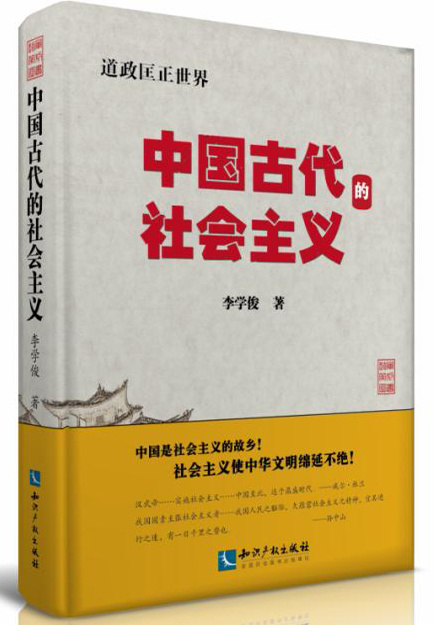
[Li Xuejun’s “Modern Socialism in China”]Why is the Chinese civilization the only one among human civilizations that has lasted for thousands of years? And is it irresistibly recovering in an all-round way and returning to the center of the world stage? This is a global question that fascinates all political and business circles around the world. This book is based on a large number of Jamaicans Sugardaddy‘s in-depth study of historical classics and Chinese civilization classics such as “Guanzi” believes that although there is no word socialism in modern China, there are actually rich socialist theories and practices, and modern China is the hometown of socialism. Moreover, Chinese socialist ideas were “exported” to Europe as learning from the East spread to the West, becoming the Enlightenment Movement that enlightened Europe and deeply influencing modern Eastern society. This book is the first volume of the four-volume work “Tao Zheng Rectifying the World”. The first half introduces and interprets the Taoist socialism of the Qi Dynasty and the rich socialism implemented in the Han, Tang, Song and Ming dynasties. History and painful lessons, the second half systematically introduces Guan Zhong’s Daozheng socialist political economics theory, published by Intellectual Property Publishing House in March 2017. 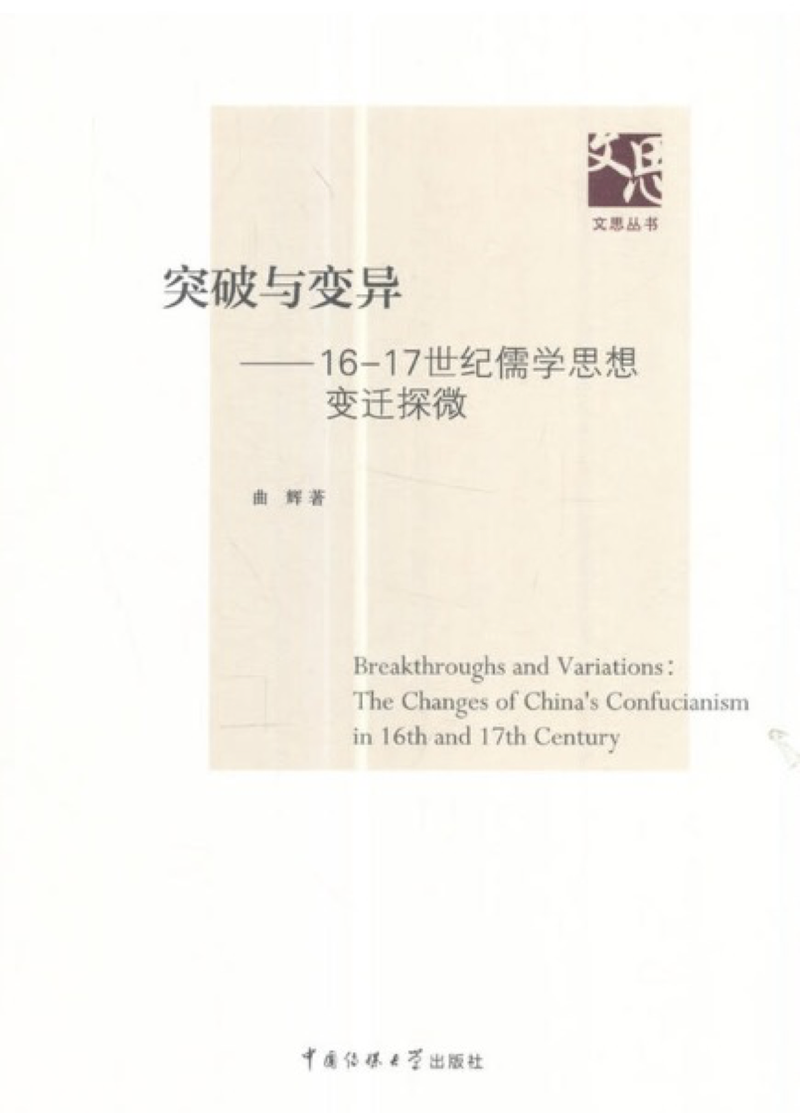
[Qu Hui’s “Breakthrough and Variation: An Exploration of the Changes in Confucian Thought in the 16th and 17th Centuries”]Since its birth, Confucianism has is in the midst of constant development and change, and the political ecology and economic situation Factors such as political trends and dynasty changes all affected Confucianism, and Confucianism often followed the trend in terms of concepts and methods, showing strong vitality. The 16th and 17th centuries were another important node in the development of Wang Yangming’s philosophy. was founded during this period and subsequently developed various portals. “Yangming Xue Xue” has become a great phenomenon. However, some of the scholars of the Wang family have carried forward the essence of Yang Ming, and some have fallen into “crazy Zen” and “return to silence”: during the Ming and Qing Dynasties, the emptiness of the late Wang school was criticized. The theory of managing the world and applying it was at its peak, and the theory of “representation by etiquette” and textual criticism were active at that time. This paper attempts to sort out the development and evolution of Confucianism as comprehensively as possible, and at the same time places the development of Confucianism within the social and cultural context, striving to clarify its origins and present the reasons, directions and aspects of the development of Confucianism. Communication University of China Press 2017. Published in March 2018.
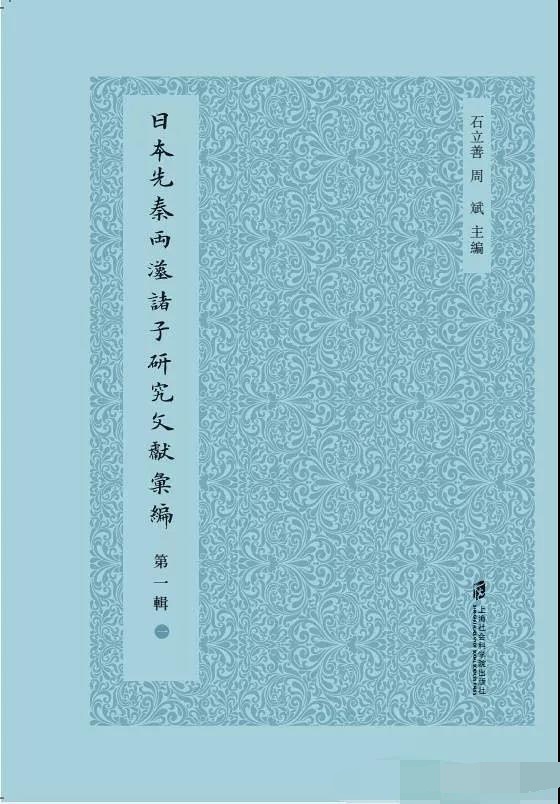
[Japan (Japan) Research on Scholars in Pre-Qin and Han Dynasties, edited by Shi Lishan”Compilation of Documents”]The books of Chinese scholars in the pre-Qin and Han dynasties record the competing thoughts of various schools of thought in the era of hundreds of schools of thought. They are the essence of traditional Chinese literature. After being spread eastward to Japan, they were widely circulated and read. After a long period of acceptance and learning of more than a thousand years, it finally came to fruition in the Edo period. Japanese sinologists began their own research and annotation on Confucianism, Taoism, Legalism, famous scholars, military strategists, medical experts, and miscellaneous scholars. The books written by various scholars in the pre-Qin and Han dynasties are all in-depth discussions with rich academic value. There are hundreds of works, which are worthy of reference. Scholars in the Qing Dynasty such as Ruan Yuan, Yu Yue, and Sun Yirang, as well as scholars in modern times such as Liang Qichao, Liang Qixun, Gao Heng, etc., all made extensive reference to the annotations and research results of Japanese scholars and quoted them in their own works. The annotations and research works of various schools of Japan (Japan) are not only in terms of version circulation, because they often see rare manuscripts that have been lost in China, so they can make up for the shortcomings of Chinese versions in text editing. In addition, because Japanese scholars study Sinology intensively, and can also put forward their own opinions on text exegesis and elaboration of doctrines, which can often correct the shortcomings of Chinese and Chinese scholars. As for the eyes of foreign countries in culture Jamaicans Sugardaddy, they can learn from each other’s strengths and complement each other’s weaknesses, playing an irreplaceable role in the diverse dissemination and in-depth study of the thoughts of various scholars. . This compilation is a selection of rare books from Chinese writings from Edo to modern times. Single pages are photocopied in the original year Jamaicans Sugardaddy and compiled into a series. This batch of documents is published in China for the first time. It can provide the academic community with valuable academic documents and reference for Japanese Sinology, and promote the study of Chinese books outside the region and the research in the fields of pre-Qin and Han Dynasties. Published by Shanghai Academy of Social Sciences Press in March 2017.
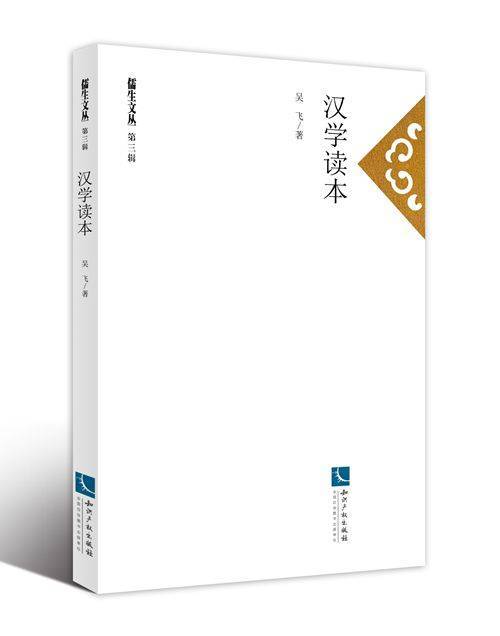
[Wu Xiaofei’s “Chinese Studies Reader”]This book focuses on the classics of the Han and Wei dynasties and their application. The Sinology chapter continues the ancient studies, taking the Han and Wei dynasties as its sources, and borrowing Zhu Xi’s techniques to apply the principles of Sinology. Gongyang Bianyi Chapter, from the late Gongyang Dynasty, retells the family law of the Han Dynasty. Education chapter, opening book list of Zhou Rituals and subject ideas. The value of this book lies in textual research and questioning. For example, the argumentation of Zheng Sinong’s annotation of “The Classic of Filial Piety”, the examination and revision of Datong, Qida, and Jinjue, as well as the repeated debates on the issues of integrity and justice such as Wen Wenshan and Fang Xizhi. “The Evening Outline of the Zhou Li School” is a link between Chinese and WesternThe attempt is awaiting the attention and cooperation of comrades. The author is folk Confucian Wu Fei (alias Xiaofei, Jamaica Sugar Taichang), Intellectual Property Publishing House, April 2017 Publish a book.

[Wu Fei’s “The “Disintegration” of Human Relations: Anxiety about Family and Country in the Tradition of Moral Theory”]Human ethics, which has always been regarded as a matter of course, suffered severe criticism in China in the 20th century; but what is often overlooked is that examination of human ethics also appeared in Eastern academic circles at this time, creating three “academic myths”: Matriarchal SocietyJamaicans Escort society, incest taboo, parricide and regicide, the first of which has deeply influenced modern Chinese thought. This book examines the origins of these three propositions in the ancient and modern oriental metaphysics philosophical tradition, especially the tension between oriental human nature and civilized life, and attempts to explore the possibility of reflecting on human ethics issues in the Chinese philology tradition. Life·Reading·New Knowledge Published by Sanlian Bookstore in April 2017.

[“Research on the Interpretation of ” written by Qian Zongwu]“Research on the Interpretation of ” has a strong sense of innovation, and all topics discussed are “Shang Shu” They are theoretical and practical issues that need to be solved for a long time in the field of linguistics and linguistics. Some of these problems also involve the fields of classical philology, forgery, annals, philosophy, and the study of the history of thought. The authors are able to explore the subtleties and demonstrate repeatedly with broad academic vision, solid literature foundation, and profound theoretical literacy. The book has thorough analysis, strict logic, and abundant examples. Its conclusions may correct the mistakes of future generations, advance the argumentation of relevant issues, or give readers new enlightenment, which has important academic value. Published by Social Sciences Literature Press in April 2017.
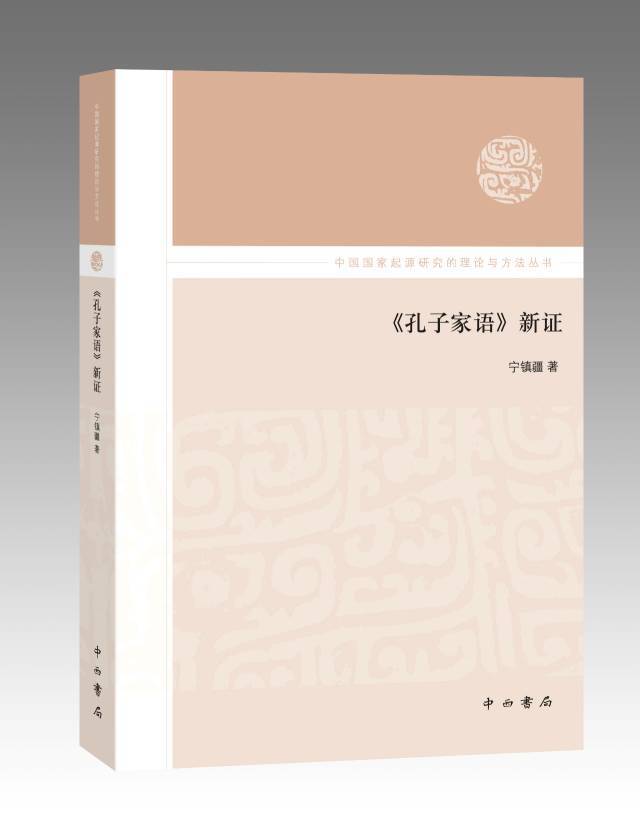
[Ning Zhenjiang wrote “New Evidence of “Confucius’ Family Language”] “New Evidence of “Confucius’ Family Language” is written by Ning Zhen, director of the History Department of Shanghai University. Professor Jiang has devoted himself in recent years to a summary of the research on “Confucius’ Family Sayings”. The whole book is divided into five departments: unearthed documents and new materials, biographies and editions, circulation and academic history, classics and theories, and “interviews” of various books. Multi-angle research, rigorous structure, reasonable layout, from case studies with many novel angles and various analysis methods, to summary and synthesis of a comprehensive review nature, the proposed research methods have guiding significance. The microscopic one is to analyze the value of Wang Su’s annotation of “Confucius’ Jiayu” from an annotation. The macroscopic one is the “paradigm” problem of ancient document identification, the typological problem of “mutual reference” of documents, and the group consciousness of Pre-Qin Confucianism. seminars, etc. This book is an excellent treatise in the field of modern literature research in recent years. Published by Zhongxi Book Company in April 2017.

[Gu Jiming’s “Zhengyi Reading”]This book is part of the “Chinese Thought and Civilization Series” of Tongji University. The author has long been engaged in research on the history of modern Chinese thought, especially focusing on the Zhouyi and related fields. The gist of this book “Zhengyi Du” is that “Zhouyi Zhengyi” compiled by Kong Yingda, the Confucian master of the Tang Dynasty, is the main annotation of “Zhouyi” among the commentaries on the Thirteen Classics. It has basic significance for clarifying the study of “Zhouyi” as a classic. . At the same time, in the evolution of thought from the Han and Jin Dynasties to the Song and Ming Dynasties, “Zhouyi Zhengyi” undoubtedly also has important significance. This book slightly imitates the style of Mr. Zhang Taiyan’s “Zuo Zhuan Reading” of the Spring and Autumn Period. It provides a clear reading and explanation of the issues of “Zhou Yi Zhengyi” in terms of version, exegesis, and doctrine, explores Confucius’s thoughts, and discusses the issues surrounding “Zhou Yi Zhengyi” in the past dynasties. He had expected it He might encounter this question, so he prepared an answer, but he never expected that the person who asked him this question was not Mrs. Lan who had not yet appeared, nor was the academic history question of “” also responded, trying to continue to communicate with him. Carry forward the tradition of classics. Shanghai People’s Publishing House 2017Published in April.
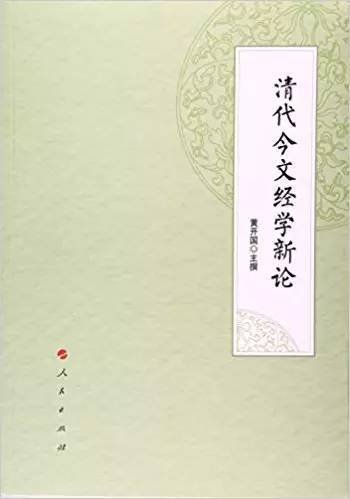
[“New Theory of Modern Classics in Qing Dynasty” written by Huang Kaiguo] “New Theory of Modern Classics in Qing Dynasty” written by Huang Kaiguo “On” is the academic result of studying the modern classics of the Qing Dynasty from a unique and new perspective. The book believes that the origin of Jinwen Confucianism in the Qing Dynasty is not only related to China’s specific social and historical background, but also the inevitable result of the logical evolution of Chinese Confucian classics over more than 2,000 years. Its development has gone through two stages: follow-up and follow-up. Generally speaking, the invention of Jinwen Jingxue based on the paradigm of Qingxue is an invention of the existing theories of Jinwen Jingxue, without any new content of contemporary significance. Jinwen Confucianism from Zhuang Cunyu to Wei Yuan all belongs to the stage of apostrophe, which is divided into two different stages: the main meaning and the emphasis on micro-statement. The main point is centered on the political theory principles of the Confucian classics, and the emphasis is onJamaicans SugardaddyWeiyan began with Zhuang Shuzu, and was comprehensively promoted by Liu Fenglu’s unification of modern classics with three subjects and nine edicts. Through Song Xiangfeng’s Su Wang theory of Confucius, Gong Zizhen’s theory of the end of the five classics, and Wei Yuan’s emphasis on the integration of scholarship. After a transition, Jinwen classics in the Qing Dynasty entered the next stage. The representative figures JM Escorts that I will talk about next are Liao Ping and Kang Youwei. They relied on Confucius’s subtle words of reform and combined with the development of the times to break the boundaries of Confucian classics. The principle of family law, and the deliberate creation of modern Confucian classics that integrates ancient and modern China and the West, and incorporates ancient and modern Chinese and foreign classics, as well as those inside and outside Liuhe, into Confucian classics, has significant modern characteristics and new era connotations. The Jinbun Jingxue discussed next not only marks the end of Jingbun Jingxue in the Jamaica Sugar era of the monarchy system, but also provides an innovation for Jingbun Jingxue that keeps pace with the times. Development provides very interesting enlightenment. Published by People’s Publishing House in April 2017.
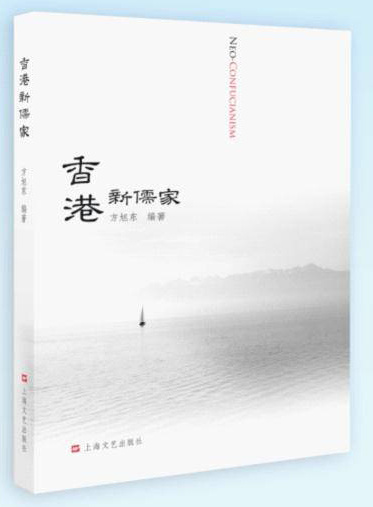
[“Hong Kong New Confucianism” edited by Fang Xudong]Hong Kong, which is “a place of Chinese and Western culture”, seems to have nothing to do with Confucianism. , but actually has a lot to do with modern Neo-Confucianism. The “Declaration of Chinese Civilization and the World” published on New Year’s Eve in 1958 is considered a symbol of the rise of modern New Confucianism, and two of the four co-signers were in Hong Kong. As one of the predecessors of the Chinese University of Hong Kong, New Asia College, its founders Qian Mu, Tang Junyi, and Mou Zongsan are all famous figures in the history of modern Confucianism. To this day, Confucianism in Hong Kong is still alive and well. Unlike New Confucianism in mainland China and Taiwan, the overall characteristics of Hong Kong New Confucianism are that it is more rational, pluralistic, and more in line with contemporary social reality. This is related to the fact that the development of Hong Kong Confucianism has hardly been interfered by ideology. This book introduces three contemporary Hong Kong Confucian scholars, Chen Zuwei, Fan Ruiping, and Zheng Zongyi, in the form of interviews and masterpieces. This is the first collective appearance of “Hong Kong New Confucianism” in China. Published by Shanghai Literature and Art Publishing House in April 2017.
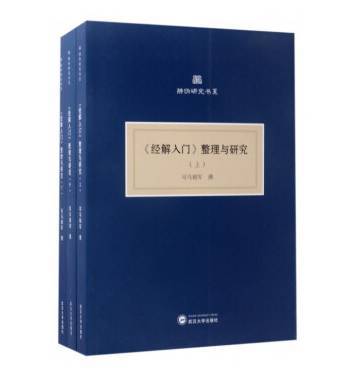
[Sima Chaojun’s “Jing Jing Jie Jie Jie Jing Jie” (three volumes)]About Jiang Fan’s “Jing Jing Jie Jie Jie Jie” “The issue of authenticity has been discussed for a long time. This book contains 3 million words. It is comprehensively evaluated from the aspects of version, preface and postscript, source of communication, ideological content, characteristics of the times, etc. It eliminates the false while retaining the true, conducts in-depth comparative analysis, and demonstrates with sufficient arguments that “Jin Jing Jie Jin Men” is based on forgery. The conclusion of “Writing” can be described as a masterpiece of “academic anti-falsification” and has high academic value. Published by Wuhan University Press in April 2017.

[Guo Yi’s “Collation and Annotation of the Collection of Confucius”] “The Collection of Confucius” was compiled by Sun Xingyan, a scholar in the Qing Dynasty, and later by Wang Renjun, Li Ziran made supplements to Sun Shu, and wrote “Supplement to the Collection of Confucius” and “Supplement to the Collection of Confucius” respectively. Compiled by three books, except “The Analects of Confucius”,In addition to “Confucius’ Family Language”, direct original historical materials for studying Confucianism, especially Confucius’ thoughts, are of high JM Escorts historical value. “Collation and Annotation of Confucius’ Collection of Sayings (With Supplements)” is based on careful selection of editions and receives the main research results of past dynasties, collates the above three books, and selects and annotates relevant words, events, etc. The whole book mainly consists of seventeen volumes of annotations on the Collection of Confucius, twelve supplements, and two appendices. The seventeen volumes of annotations are based on those compiled by Sun Xingyan as the main body. At the end of each volume are Wang’s addendum and Li’s Shangzheng, and a “new supplement” is included to fill in the gaps of the three schools. The twelve supplements include unearthed documents such as Mawangdui silk scripts, Guodian bamboo scripts, Shangbo bamboo slips, Dingzhou Han bamboo slips, and Fuyang Han bamboo slips, as well as handed down documents such as Zuozhuan, Shiji, and Xiaojing. The appendices are divided into “Index of Book Titles and Volumes” and “Bibliography of Important Bibliographies Based on Compilation”. Published by Zhonghua Book Company in April 2017.

[Zhou Jiming and Zhu Rentian’s “General Catalog of the Complete Collection of Four Libraries: Past and This Life”]This book introduces the Complete Collection of the Siku in detail The compilation process of the General Catalog, the operating mechanism, the roles and functions from the sub-editor to the Qianlong Emperor, and the version of the General Catalog of the Complete Collection of Four Treasures. She was stunned, blinked first, and then turned to look around. Spread, research status, influence on the Qianjia style of study, and cultural value. This book is rich in content and full of historical materials. After reading this book, you can clearly understand the “past life and this life” of the “Sikuquanshu General Catalog”. Published by the National Library Publishing House in April 2017.
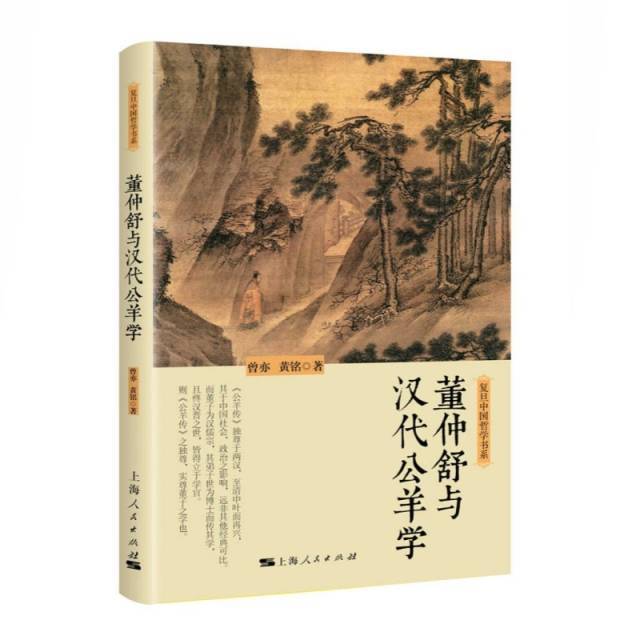
[Zeng Yi and Huang Ming wrote “Dong Zhongshu and Gongyang Studies of the Han Dynasty”]Dong Zhongshu was a Confucian of the early Han Dynasty and a Confucian of the Han Dynasty. An important representative of Gongyang Studies, his academics were awarded doctors for generations and he was respected as an academic official. He not only had a profound influence on the Confucian classics of the Han Dynasty, but also on the politics, laws, and society of modern China for thousands of years. By the end of the Han Dynasty, there was no rest. He was a stickler for the “Gongyang” school, and tried to develop the “Zuo” school, which was at its peak for a while. It can be said to be the leader of the “Gongyang” school in the Han Dynasty. Later scholars who governed Gongyang, for more than two thousand years,Don’t go beyond the two sons. This book is based on the ancient and modern disputes in the hundreds of years of Confucian classics history in the Han and Jin Dynasties. It combs Dong Zhongshu and He Xiu’s “Gongyang” studies in detail and their relationship with “Zuoshi” studies. Moreover, this book also highlights the differences between Dong Zhongshu and He Xiu, and attempts to remind them of the great impact of this difference on the study of “Gongyang” in the late Qing Dynasty. This book is good at analyzing the principles and regulations of “Gongyang”, as well as sorting out the historical context of related classics. It is a kind of classics work that is different from the discussion of the history of thought. Published by Shanghai People’s Publishing House in May 2017.
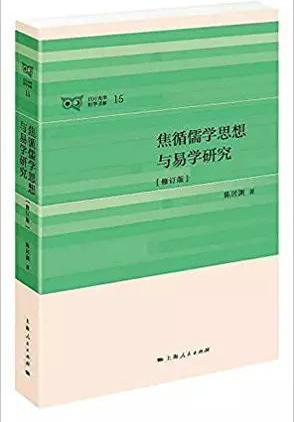
[Chen Juyuan’s “Study on Jiao Xun’s Confucian Thoughts and Yi Studies” (Revised Edition)]This book is the first book dedicated to the study of Jiao Xun, a famous scholar in the Qing Dynasty, and his Yi studies. Monographs on learning. Jiao Xun is famous for his Yixue, but because his Yixue involves knowledge related to images, numbers, and mathematics, few people have ever studied it. This book reflects the author’s relevant research results, gives a complete introduction to Jiao Xun’s Yixue system, and places it in the context of the entire academic development history of the Qing Dynasty and Jiao Xun’s personal academic overall, so that it can be understood more accurately Jiao Xun’s easy-to-learn characteristics. Published by Shanghai People’s Publishing House in May 2017.

[Chen Xubo’s “Etiquette of the Palace”]Seventeen chapters of “Etiquette”, except for the chapter “Mourning Clothes”, It records the holding process of various modern ceremonies. Most of these ceremonies were carried out in the palace. However, the “Ritual” scriptures are very brief when recording these palaces. They only describe the names of various parts of the palace structure related to the ceremony. If a certain part is not used in the entire ceremony, it will not be mentioned. In this way, what the scriptures describe are only incomplete and fragmented fragments of the palace. Later generations can’t help but feel confused about the overall layout of the palace structure. Therefore, based on the research of later generations, the author made a relatively systematic and complete study of the “Yili” palaces by sorting out and reviewing the documents and using archaeological data. Published by Shanghai Ancient Books Publishing House in May 2017.
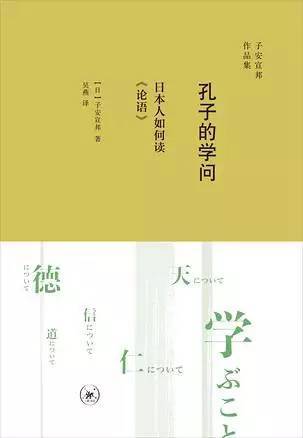
[“The Knowledge of Confucius: How Japanese (Japanese) People Read the Analects of Confucius” by Zi’an Xuanbang]For those who want to know clearly about Japan (Japanese) ), this book is a “window” for Chinese readers who think about the current situation: in tomorrow’s Japan ), “The Analects” still has a huge influence; and modern Japan’s interpretation of “The Analects” also reflects the ideological, social and political characteristics of modern Japan in the book. (Japan) Representative figures in interpreting “The Analects of Confucius”: Morohashi Tetsuji, Ito Jinsai, Ogiyo Surai, etc. It also incorporates the interpretations of Chinese scholars such as Zhu Xi and Li Zehou. This book is not a complete presentation of these interpretations, but records the efforts of scholars to approach the problems that Confucius once faced. It can be seen from it: how Japanese people interpret the Analects of Confucius. 》; how do they face some frequently asked and often new questions, such as what is “learning”, “benevolence”, “Tao”, “faith” and ” “Heaven”, “Government” and “Li”. Zi’an Xuanbang’s way of interpretation can also be enlightening: think again about the focus issues such as “Learning”, “Benevolence”, “Tao”, “Faith”, “Heaven”, “Government” and “Li” in “The Analects”, What is its practical significance for today’s China? Life·Reading·New Knowledge was published by Sanlian Bookstore in May 2017.

[Cheng Zhongying’s “Confucianism, New Confucianism, New New Confucianism”]This book is composed of “Classical Confucian Studies”, “New Confucianism and New New Confucianism”, “Confucian Spirit It is composed of four parts: “On the Modern Transformation of Confucianism”. The whole book adopts a unique and profound perspective It discusses the representative figures and important thoughts in Confucianism, New Confucianism and New Neo-Confucianism, explains the spiritual nature of Confucianism, and discusses the modern transformation of Confucianism and the contemporary significance of Confucianism. China Renmin University Press 2017 5. Published monthly.
[Xiao Yongming and Wu Yangxiang edited “College Tradition and Contemporary University Education—Practice and Thoughts on the Undergraduate Tutoring System of Yuelu College”]
strong>The book has a total of more than 400,000 words and is divided into three parts: theoretical discussion, practice and feedback, and student works. It theoretically analyzes the implementation of the undergraduate tutoring system in the history major of Yuelu College of Hunan University. It summarizes and uses evaluation reports, survey data, student interviews, tutor interviews, student works and other methods to show the partial results of the undergraduate tutoring system. This book brings together the theoretical thinking and practical experience of the undergraduate tutoring system of Yuelu College, which can provide guidance for current senior students. Published by Hunan University Press in May 2017.
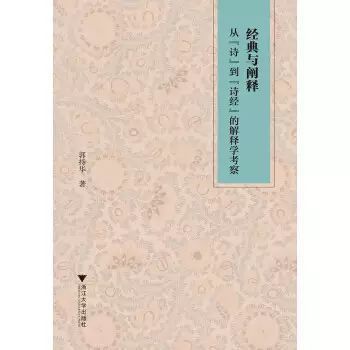
[Guo Chihua’s “Classics and Interpretation: A Hermeneutic Examination from Poetry to the Book of Songs”]This book summarizes the interpretation practice of the late Confucian “The Book of Songs” Three explanation methods with far-reaching historical influence and contemporary inspiration: the language explanation method based on text exegesis, and the method of “knowing people.” They suffer a little and learn a little lesson. I’m afraid they won’t learn well, so that’s it. Methods, and briefly summarized that the interpretation of traditional Chinese classics is not only a spiritual practice, but also a practical means of “returning to the roots and creating new ones”, adapting to the world and applying it, and a way to bridge the gap between the traditional world and the contemporary world. The practice of compartmentalization. Interpreters use creative interpretations of classic texts circulated through history to integrate tradition and the present, between concepts and actions, and explore the practical significance of tradition in the current context. This is of enlightening value for our current reinterpretation of traditional classics and inheritance of excellent traditional civilization. Published by Zhejiang University Press in June 2017.
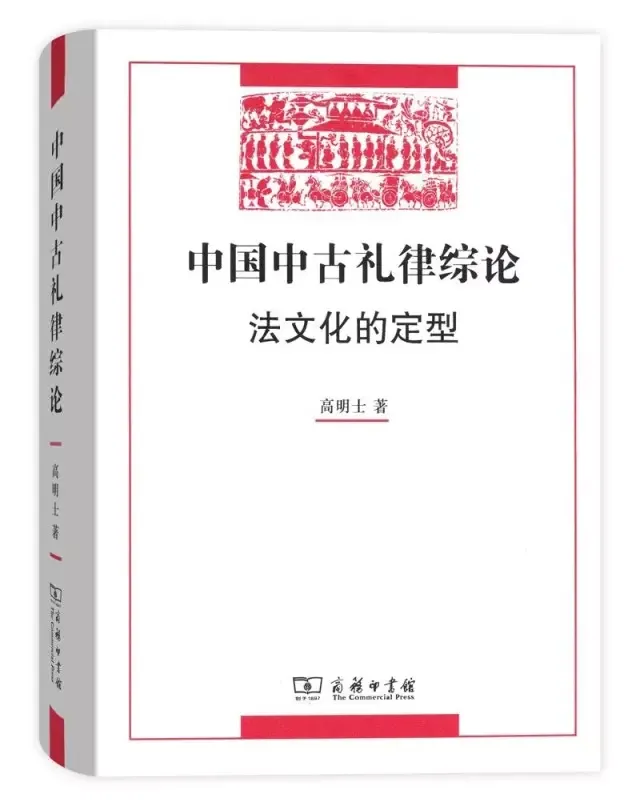
[A Comprehensive Review of Medieval Chinese Rites and Regulations written by Gao Chaozhao]For more than two thousand years, Chinese dynasties have changed with different dynasties, but the living Among the ancient civilizations in the world, only China continues to this day. The most important reason is that traditional civilization can maintain its advantages for a long time. This is the basic element of superior civilization, which is the focus of this article. From this point of view, the most serious crisis in modern times is the loss of cultural advantages, which is the lifeblood of the entire Chinese nation. For this reason, we must engage in academic research on traditional civilization. During research, how to restore its true historical appearance has become an important topic for researchers. This is why the author of this book first started with the history of education and then promoted the study of legal history. Therefore. However, we must find the core value of traditional civilization. The author emphasizes etiquette and law, and attaches great importance to the period of its formation, which is the Sui and Tang Dynasties. This is why this manuscript embodies the mastery of scholars over the past twenty years. The result of the teacher’s painstaking research is his masterpiece: dating back to the pre-Qin Dynasty and going down to the Sui and Tang Dynasties, it expounds in detail the key links in the evolution of etiquette, while also being full of subtleties. Breakthroughs in every aspect, such as an easy grasp of Tang laws and Kaiyuan rites; in addition, this book combines the research on the Tiansheng Order in the fields of medieval history and legal history, and connects the major issues of the Tang and Song Dynasties in a unique way. It provides an innovative explanation that greatly enriches our understanding of the medieval period. Published by The Commercial Press in June 2017.
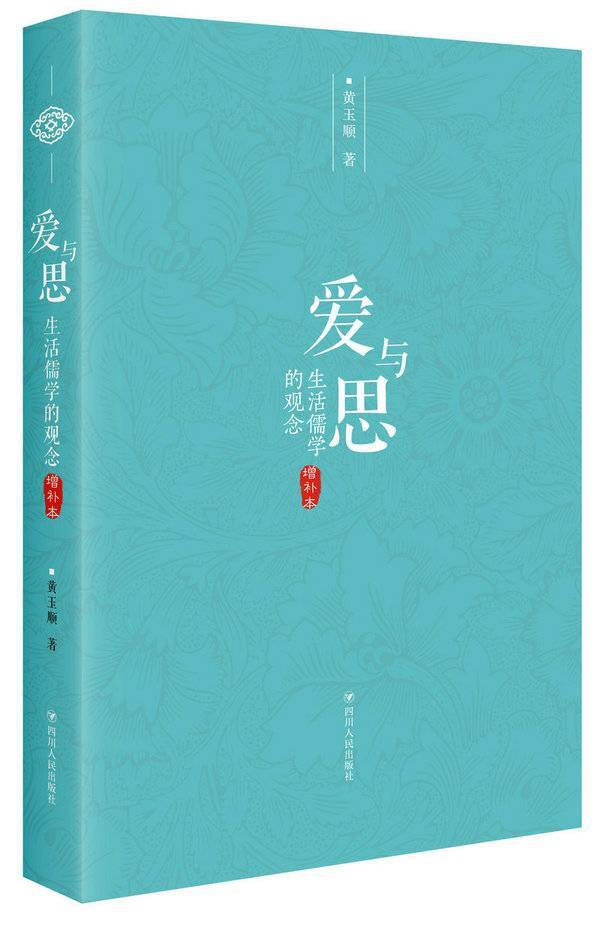
[Huang Yushun’s “Love and Thought – Concepts of Career Confucianism (Supplementary Edition)”]This book strives to “restore” ConfucianismJamaicans Escort” and “Construction”, the main purpose is to reject both the position of the Europeanization school and the position of Confucian fundamentalism; for postmodernism and phenomenology themselves, although in a certain sense they adopt their “reduction” concept, but reject its “post-philosophy” and “anti-metaphysics” concept. In this publication, the author has made additions to the original book, refining the overall theoretical structure of life Confucianism, and adding five articles on the author’s research results on life Confucianism in recent years, making the research more in-depth. The book will be published in June 2017
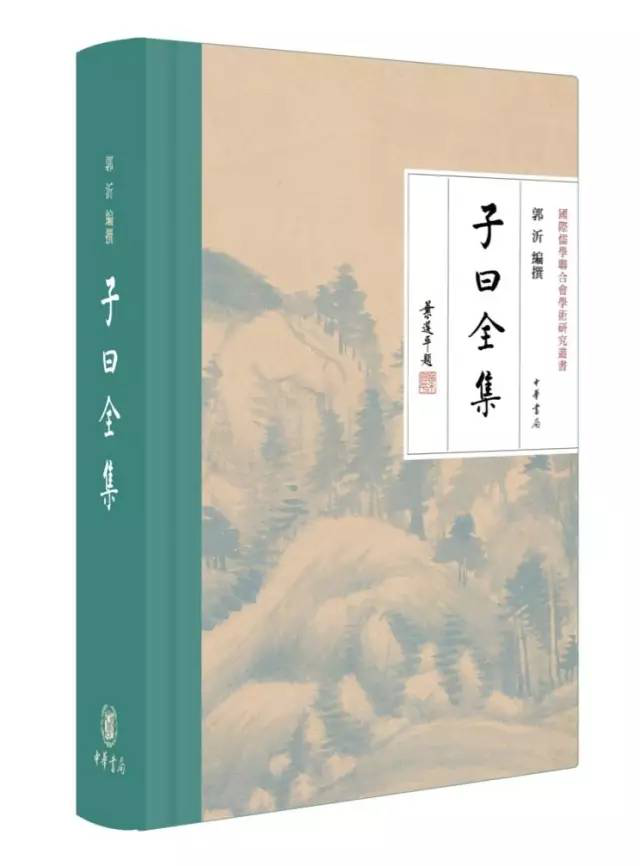
[“Selected Works of Confucius” compiled by Guo Yi]This book is a collection of documents about Confucius’ words and deeds. The relevant content is collected from the age of Confucius. There are about 230 kinds of classics from the Ming Dynasty. The whole book is divided into twelve volumes according to the nature and reliability of the documents, namely the essence of the Analects of Confucius, the ancient and modern classics of Xiao Jing, Confucius’ Jamaica Sugar‘s family sayings, Congjiaxue, records of Confucian books, records of three biographies, Confucius’ training, Ma Qian’s biography, historical records, biographies and annotations, miscellaneous quotations, various scholars’ remarks, and prophecies of the two Han dynasties. Among them, volumes one to five are documents of the “Analects of Confucius” type, which are documents specifically recording Confucius’ words and deeds. There are three special books that record Confucius’ words and deeds in history, one is “The Analects”, the second is “The Classic of Filial Piety”, and the third is “Confucius’ Family Sayings”, which are listed as the first three volumes. “Kong Congzi” records the words and deeds of Confucius and his ancestors such as Zisi, Zishang, Zigao, Zishun and Ziyu. It belongs to the Kong family and is listed as the fourth volume. As for the “Analects of Confucius” documents retained in other classics, they are listed as the fifth volume. The sixth volume contains relevant records in the three biographies of “Children”, the seventh volume contains relevant records in Confucian books, and the eighth volume contains two documents, “Confucius’ Family” and “Zhongni’s Disciples’ Biographies” in “Historical Records”. The ninth volume collects the relevant records in the historical books of the past dynasties, the tenth volume collects the relevant records in the historical annotations, the eleventh volume collects the relevant records in the ancient Zishu, and the twelfth volume collects the relevant records in the prophecy books. Published by Zhonghua Book Company in July 2017.
[Chen Yun’s Jamaica SugarMediocre Thoughts” (revised(Ordered edition)]This book examines the thinking of “The Doctrine of the Mean” from the perspective of high and low understanding, reflecting a unique perspective. It is generally believed that compared to the two worlds in the Christian context, Chinese thinking seems to focus on bridging the boundaries between the two. How can communication between high and low and between heaven and earth be possible and how to achieve it? This is a question that requires deep thinking. The author starts from the analysis of moderation and provides an innovative explanatory framework. Published by Zhejiang University Press in July 2017.
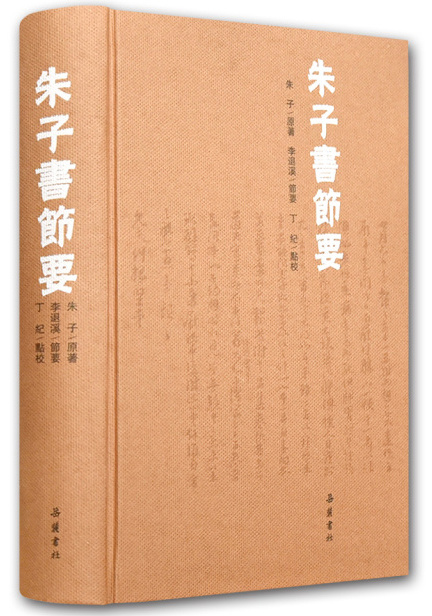
[Ding Jidian edited “Zhu Xi’s Book of Essays”] “Zhu Xi’s Book of Essays” is the essence of “Oriental Zhuzi” Li Tuixi’s collection of Zhu Xi’s academic letters. The compilation of the book is broad, well-chosen and detailed, focusing on Zhu Xi’s close friendship with his friends and his disciples The process of discussing studies, answering questions and arguing directly explores the essence of Zhu Xi’s knowledge, which plays an important role in the history of East Asian Confucianism. The proofreading was based on the “Series of Rare Chinese Books from Abroad” and the “Quanshu of Zhu Zi” published by Shanghai Ancient Books Publishing House and Anhui Educational Publishing House as the reference version. The proofreaders carefully checked and polished it repeatedly. Many mistakes have been corrected, and many errors in reading sentences in “The Complete Book of Zhu Zi” have been corrected. This book is a first-hand material and an introduction to understanding and studying Zhu Xi’s intellectual thought. Published by Yuelu Publishing House in July 2017.
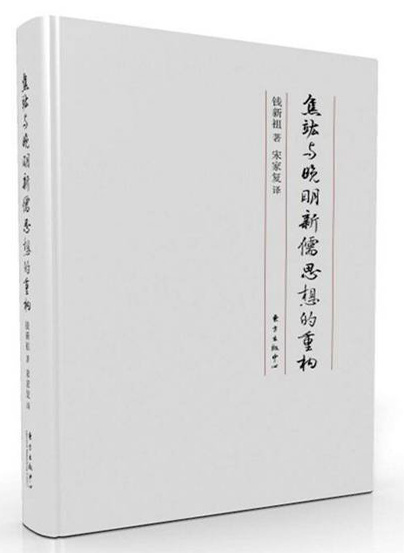
[Qian Xinzu’s “Jiao Hong and the Reconstruction of Neo-Confucian Thought in the Late Ming Dynasty”] This book examines the systematic nature of Jiao Hong’s thoughts. and its thoughts in the late Ming and early Qing dynasties The analysis of “time and space” in the network explores three major issues in the history of late Chinese thought: the unique characteristics of the “unity of three religions” movement among Neo-Confucian scholars in the late Ming Dynasty; the historical role played by the dispute between Cheng, Zhu and Lu Wang Color; the “discursive meaning” of Sinology in the early Qing Dynasty. These three major issues are closely related, showing the “reconstruction” of Neo-Confucianism’s internal thinking. This “reconstruction” involves a series of correspondingChanges: In terms of metaphysics and cosmology, there is the emergence of the “philosophy of qi” which is a unitary theory of qi and qi mentioned by Japanese scholar Ryuji Yamashita. In terms of ontology, there is the collapse of the duality of mind and nature. In terms of knowledge and self-cultivation, there is the emergence of the human heart. , The collapse of Taoist theory of other minds, in terms of language view, results from the reflection on the relationship between name and reality, resulting in a “mysterious skepticism” that is different from Buddhism, Taoism, and classical Confucianism. Published by Oriental Publishing Center in July 2017.
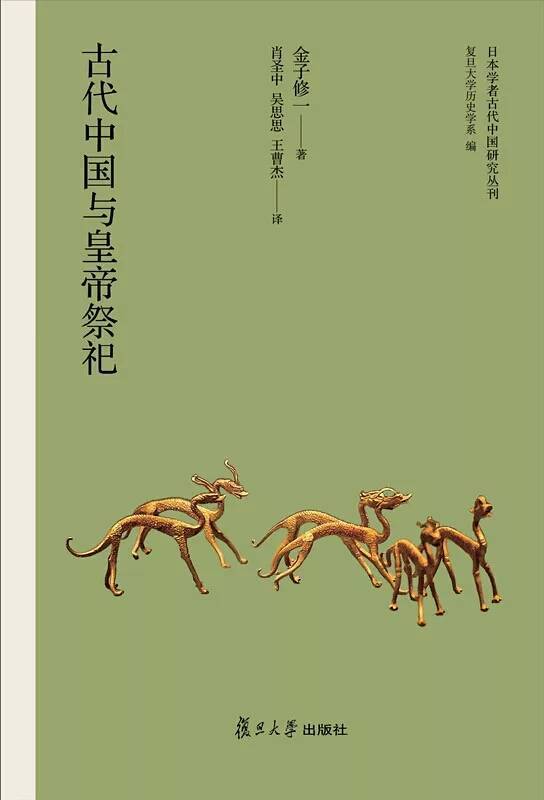
[“Modern China and the Memorial to the Emperor” by Shuichi Kaneko]This book is Mr. Shuichi Kaneko’s general work on the study of the Emperor’s Memorial. Starting from specific systems such as suburban sacrifices, ancestral temples, Mingtang, Zen enthronement and enthronement etiquette, Jamaica Sugar conducted an analysis of the emperor’s memorial ceremony during the Han and Tang Dynasties. Consistency assessment. It is a major feature of this book to pay attention to the different uses of emperor memorial services by various dynasties during the Han and Tang Dynasties. For example, the establishment of the suburban sacrifice and ancestral temple systems in the late Western Han Dynasty, the prominent orthodox disputes over suburban sacrifice during the Southern and Northern Dynasties, and the strengthening of the ceremonial nature of the emperor’s memorial in the Tang Dynasty, etc., all show the close interaction between the emperor’s memorial and the traditions of the times. Since the 1970s, the author has been committed to exploring the characteristics of China’s modern emperor system and even East Asian monarchy from the perspective of national memorials and rituals, and has had a profound influence in both Japanese and Chinese circles. Published by Fudan University Press in July 2017.
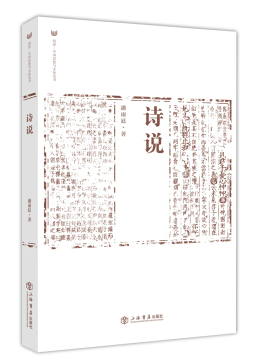
[Pan Yuting’s “Poetry”]This book was written by the famous scholar Pan Yuting. Starting from the high level of thoughts such as the elegance and change of elegance in the Book of Songs, he launched a series of poetic thoughts on China’s modern ideological civilization. This book combines the analysis of Yixiang, disassembles Feng, Ya, and Song into various parts, reflecting the changes in the customs of the two-week dynasty, vassal states, and local customs. It also draws multiple charts, with clear and unique analysis, and has a very high level of academic research. value. This book is a posthumous manuscript of Pan Yuting, compiled by Mr. Zhang Wenjiang, and is the result of a new edition. superiorHaishu Bookstore Publishing House will publish the book in July 2017.
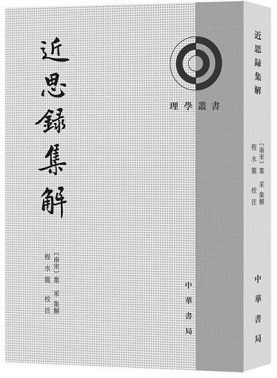
[Cheng Shuilong edited “Jin Si Lu Collection and Commentary”] “Jin Si Lu” was written by Zhu Xi and Lu Zuqian of the Southern Song Dynasty and selected the Neo-Confucianists Zhou Dunyi, Cheng Hao, Cheng Yi, There are a total of 622 quotations by Zhang Zai and four people, which are compiled into categories. Ye Cai of the Southern Song Dynasty created outlines and summaries for each volume of “Jin Si Lu” and compiled it into “Jin Si Lu Ji Jie”, which made the style of the original book more complete and complete, and the expression of Neo-Confucian thinking became more open and clear. It is the first chapter of the “Jin Si Lu” series One of the most profound influences in the literature. There are more than 30 existing domestic versions of Ye Cai’s “Jin Si Lu Ji Jie”. This proofreading is based on the Yuan edition of the National Palace Museum in Taipei. The Ming edition of the Yuan Dynasty and the revised edition of Shao Renhong during the Kangxi period of the Qing Dynasty included in the “Continuation of the Sikuquanshu” are the important collation editions. At the same time, Ye Cai of the late Ming Dynasty edition was also consulted. “Ji Jie” (referred to as “Ming edition”), Southern Song Dynasty engraving This book includes Yang Boyan’s “Yongzhai Jinsi Lu Annotations” (referred to as “Yang Ben”) and Jiang Yong’s “Jin Si Lu Annotations” (referred to as “Jiang Ben”) during the Jiaqing period of the Qing Dynasty. It also collects and explains difficult words and sentences in the editions, and quotes from the “Modern Thoughts” of the past dynasties. The relevant text in the annotated version of “Si Lu” is annotated on the left side of the leaf. After the proofreading of Ye Cai’s “Jijie”, Jia Shixiang’s engraving of “Jinsi Lu” (in white) during the Jiajing period of the Ming Dynasty and the preface and postscript of Ye Cai’s “Jijie Jie” of “Jinsi Lu” published in the past dynasties are also attached, so that readers can have a comprehensive understanding of “Jinsi Lu” “Records” and Ye’s annotated version. Published by Zhonghua Book Company in August 2017.
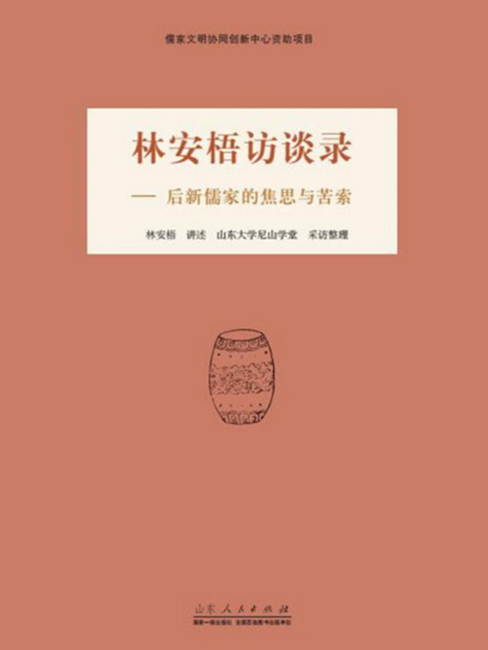
[“Interviews with Lin Anwu – The Concerns and Troubles of Post-New Confucianism”]This book mainly has five parts: family and The academic process section starts from birth, covering the entire process from early family status to doctoral study and research; the work and study experience section covers the role of “Goose Lake” from the university stage The editor talked about his previous formal positions, part-time teaching positions and visiting study experience; the academic thinking part is the results and theoretical establishment of Professor Lin’s academic research, covering the research on traditional Chinese philosophy and the construction of Chinese philosophy, post-Neo-Confucianism, and logotherapy and religious thought, hermeneutics and other aspects; the academic criticism department is Professor Lin’s understanding and evaluation of modern academic trends and his teachers and peers.The discussion focuses on the relationship and academic origins with the two mentors, Mou Zongsan and Cai Renhou; the social care part involves practical issues such as folk Bible reading, religious status, life and death education, and Taiwan’s history and culture. Published by Shandong People’s Publishing House in August 2017.
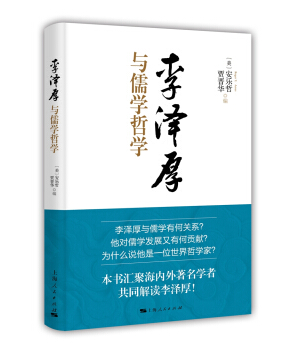
[“Li Zehou and Confucian Philosophy” edited by An Lezhe and Jia Jinhua]Li Zehou is known as one of the more original thinkers in contemporary China. His thoughts and research integrate ancient and modern times, connect China and the West, are based on history, and pay attention to reality. He has made extraordinary achievements in many fields such as philosophy, aesthetics, research on Kant’s philosophy, research on Marxist theory, history of thought, and research on Chinese culture and society, and has proposed a series of innovative ideas. A unique and inspiring theory. Faced with such rich philosophical thoughts of Li Zehou, how can ordinary readers grasp the outline? This book provides an in-depth interpretation of Li Zehou’s philosophical thoughts from three perspectives: Li Zehou and the modernization of Confucianism, Li Zehou and the re-elaboration of Confucian philosophy, and the relationship between Li Zehou’s aesthetic theory and Confucianism. This book reveals how Li Zehou creatively studied, absorbed and re-evaluated the Confucian ideological tradition and integrated it with Eastern philosophical discourse, thereby developing his own in-depth philosophical insights and original theoretical thinking process, and trying to answer Gauguin III’s thinking process. Ask : “Where do we come from? Who are we? Where are we going?” Or a similar triple question as Li Zehou reiterated: “How can human beings be? What is human beings? What is the philosophy of destiny?” Shanghai People’s Publishing House The book was published in August 2017.
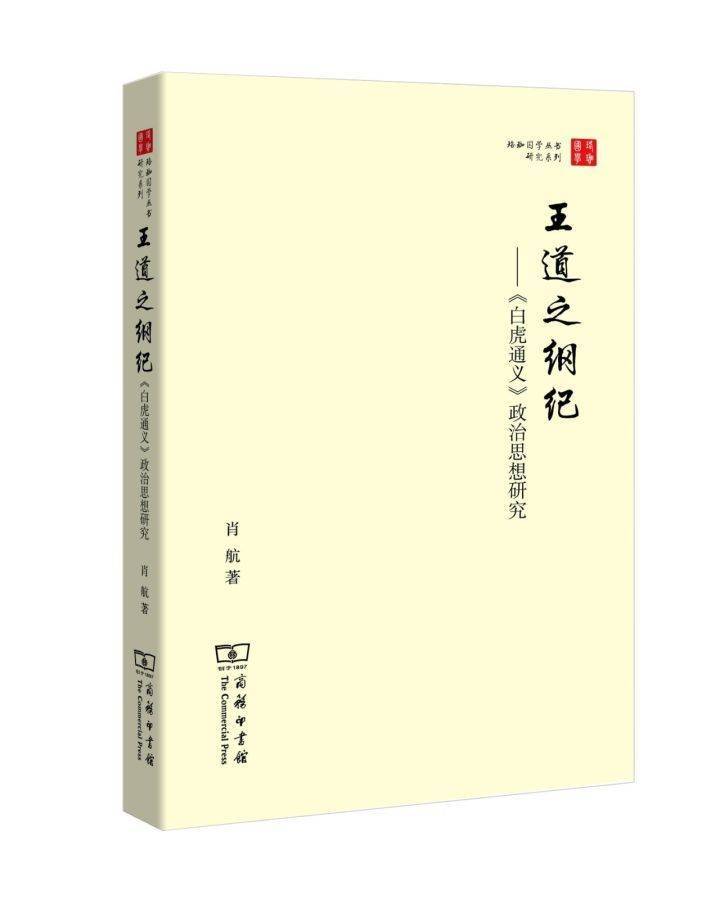
[Xiao Hang’s “The Rules of Hegemony – A Study on the Political Thoughts of “White Tiger Tongyi””] In the history of Chinese thought, the Han Dynasty is an important era that connects the past and the future. “White Tiger Tongyi”, as the main document of Emperor Zhang of the Han Dynasty’s “proclaiming the imperial decree”, has particularly significant political significance in the history of Chinese Confucian classics and Confucianism. This book takes “order in the world” as the starting point for the study of the political thought of “White Tiger Tongyi” and analyzes the political thought of “White Tiger Tongyi” from the two levels of grassroots social order and government functions.However, the relevant concepts of the Han Dynasty are sorted out and organized in terms of cosmology, historical outlook, ethical values, etc., especially focusing on the “Three Cardinal Guides and Six Disciplines”, “Three Sovereigns and Five Emperors”, “The Son of Heaven and the Overlord”, and “The Overlord of the Emperor”, which have a profound impact on Chinese society. Concepts such as “politics” and “unfettered” have been interpreted in a mutually reinforcing way through both classics and history. They are full of novel ideas and have a certain enlightening effect on contemporary politics and ideological construction. Published by The Commercial Press in September 2017.
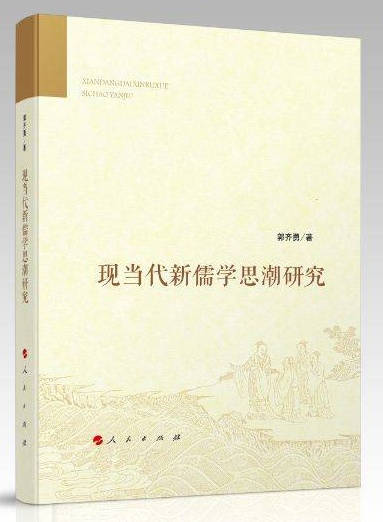
[Guo Qiyong’s “Research on Modern and Contemporary New Confucian Thoughts”]The book starts from first-hand information and comprehensively and systematically analyzes the background of the times and the modern and contemporary New Confucian thoughts. The development process, internal theory, academic connotation, important areas of discussion and problem awareness are made An in-depth discussion was conducted, focusing on Liang Shuming, Xiong Shili, Ma Yifu, Qian Mu, Zhang Junmai, Feng Youlan, He Lin, Fang Dongmei, Tang Junyi, Mou Zongsan, Xu Fuguan, Du Weiming, Cheng Zhongying, Liu Shuxian, etc. “This is a slave’s guess, I don’t know Right?” Caixiu instinctively found a way out for herself, she was really afraid of death. The important academic thoughts of representative figures are studied in case studies and comparatively, and the religious and transcendent nature of Confucianism, ontology and moral metaphysics, political philosophy, dialogue with non-restraintism and communitarianism, and the modernization of Confucian values are creatively discussed. Implication and creative transformation, dialogue between Confucianism and various civilizations, global ethics, Environmental ethics and “Civilized China”, the Yi view of modern Neo-Confucianism, and its relationship with Neo-Confucianism of the Song and Ming dynasties, etc. It also discusses the reconstruction of ultimate confidence, ethnic identity and ethical consensus in the process of my country’s modernization, and determines the relationship between national consciousness and Chinese spirit emphasizes the negative criticism and transcendence of Chinese civilization to modernity. This book takes into account both macroscopic mastery and microscopic analysis. It is not only a retrospective study of the contemporary Neo-Confucian trend of thought, but also a guide to the future development of Confucianism. A forward-looking discussion, this is a treatise with clear logic, thick content, strong sense of history, and theoretical innovation. Published by People’s Publishing House in September 2017.
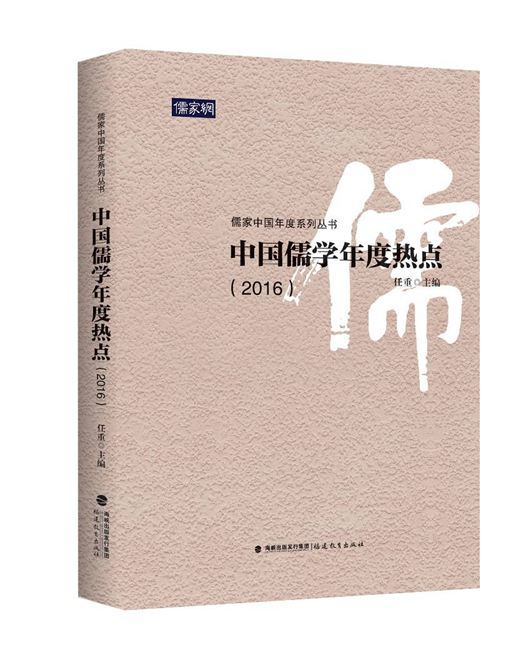
[“Hot Topics in Chinese Confucianism (2016)” produced by Confucian.com and edited by Ren Zhong] In recent years, Confucianism has emerged as a new force in contemporary Chinese ideological trends and has once again become unique, forming a group with the unrestricted school and the New Right. The power of the tripartite force is becoming more and more influential. This book mainly collects the major ideological and cultural hot spots that occurred in the field of Confucianism in 2016, including JM Escortsincludes civilized comments, as well as dialogues between scholars and media interviews. It reflects the latest progress and current situation of Confucianism and witnesses major contemporary Confucian affairs. It mainly focuses on the discussion of political Confucianism and mental Confucianism, the resurgence of Kang Youwei’s thought, The debate over folk Bible reading immediately demonstrated the exploratory thinking results of Chinese Confucianism. The author of this book is mainly a famous contemporary Confucian scholar and opinion leader, and they are all very influential in the academic ideological and social civilization circles. Published by Fujian Education Press in October 2017.
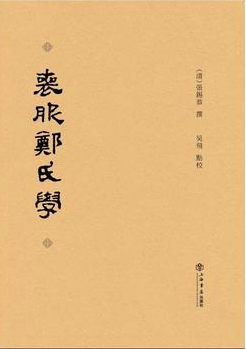
[Wu Feidian School republished “Zheng’s Study of Mourning Clothes” written by Zhang Xigong] “Zheng’s Study of Mourning Clothes” Jamaicans Escort is a work by Mr. Zhang Xigong in the late Qing Dynasty and the Republic of China. It has 16 volumes and about 550,000 words. It was published in Qiu Shuzhai Series in the seventh year of the Republic of China. There are prefaces by Cao Yuanbi and Liu Chengqian in front of the book. It is A comprehensive work on the study of modern mourning dress Jamaica Sugar Daddy. The study of mourning dress is a major branch of Chinese etiquette. It received more and more attention in the Qing Dynasty. Xu Qianxue, Shen Tong, Cheng Yaotian, Jinbang, Ling Tingkan, Xia Xin, Zhang Huiyan, Ling Shu, Zheng Zhen, Zhang Lu, Hu Peihui, Huang Yizhou, Cao Yuanbi, etc. There are major relevant discussions, many of which have been published that have not been published by later generations. Zhang Xigong studied under Huang Yizhou at Nanjing Academy and was very close to Cao Yuanbi. During the Xuantong period, he was recruited to the Rites Academy of the Capital to study the ceremonial part of “Tongli of the Qing Dynasty”. After the fall of the Qing Dynasty, he lived in seclusion in Xiaokunshan to specialize in writings. “Zheng’s Study of Mourning Clothes” has 16 volumes, and “Zheng’s Study of Funerals” has 44 volumes. “Zheng’s Study of Mourning Clothes” was recommended to Liu Chengqian by Cao Yuanzhong, and Liu Chengqian published it in Qiu Shu Zhai Series. This book can be regarded as the culmination of mourning dress studies in the Qing Dynasty and even in previous dynasties. It takes “Etiquette·Mourning Dress” as the outline, and under each article, Zheng’s notes and Jia Shu are copied., and then collect the discussions of various scholars in the past dynasties, paying special attention to the “Tongdian”, Ao Jigong, and the discussions of various scholars in the Qing Dynasty, and then give their own detailed remarks. The author is Wu Fei, a professor at the Department of Philosophy at Peking University, and it was published by Shanghai Bookstore Publishing House in October 2017.
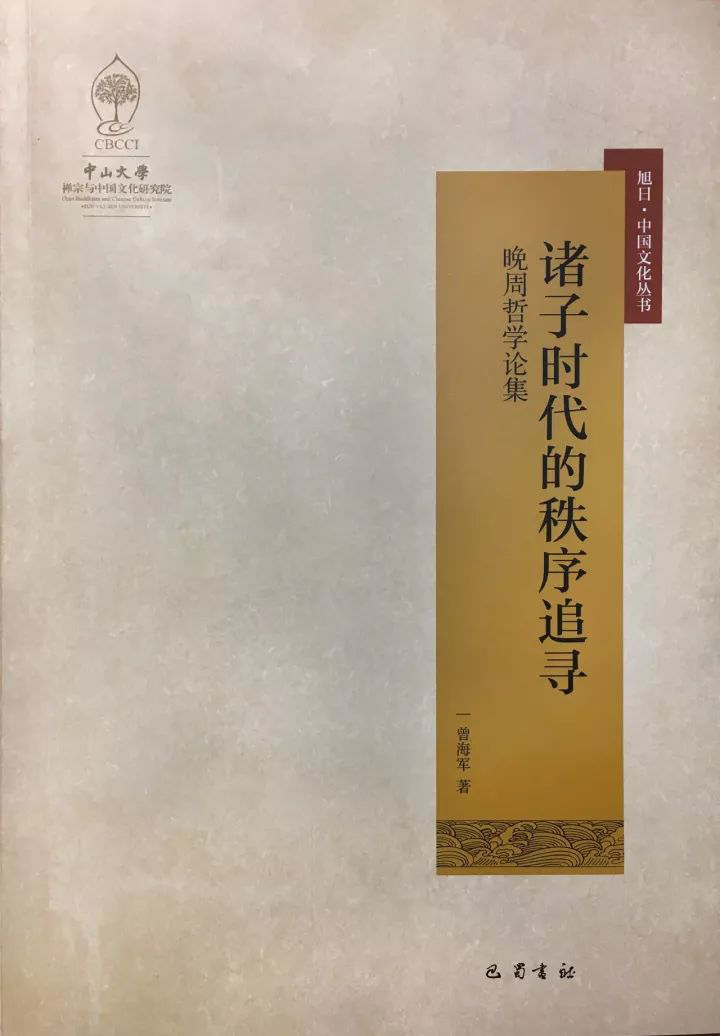
[Zeng Haijun wrote “The Pursuit of the Order in the Ages of the Philosophers”]In the eyes of modern scholars, the disputes between the various schools of thought are It is a manifestation of the prosperity of philosophical thinking, but the author prefers to regard it as an expression of the thoughts of the philosophers seeking to restore order in the country in the troubled times of the late Zhou Dynasty. Although the pursuit of order in the era of the various scholars was based on a common concern for the order of the world, it was guided by different ideological interests. This book selects fifteen academic papers on late Zhou philosophy, which not only show different ideological interests from many aspects, but are also based on the common concern for order. The scope of this book is huge, the care is very heavy, the writing concept of the article is exquisite, the thinking is clear, and the writing style is lively. It is a highly readable academic work. Published by Bashu Publishing House in November 2017.
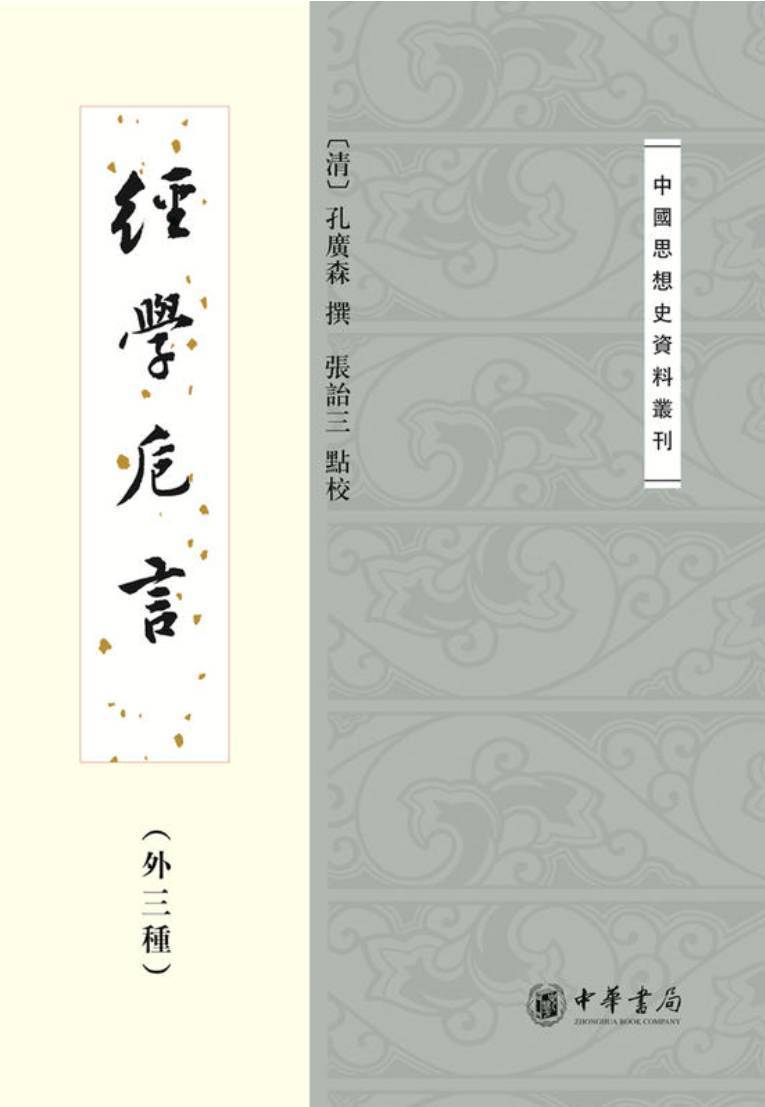
[Zhang Yi Sandian’s “Confucian Classics” (External Three Types)”]This book is a collection of four classics works by Kong Guangsen, a scholar from the Qing Dynasty, including “Confucian Classics” There are six volumes, six volumes of “Ritual Theory”, twelve volumes of “Shisheng Lei”, and one volume of “Shisheng Examples”. In this Jamaicans Sugardaddy, “Jing Xue Yan” is Kong’s study of “Zhouyi”, “Shangshu”, “Book of Songs”, “Erya” “, “The Analects of Confucius”, “Mencius”, “Zuo Zhuan” and other classics are academic notes; “Etiquette” is Confucius’s study of “Zhou Rites”, “Etiquette”, “Etiquette” href=”https://jamaica-sugar.com/”>Jamaicans Escort‘s academic notes; “Poetic Sound Classes” and “Poetry Sound Classification” are Kong’s methods for determining the phonology of “Mao Shi” Academic Notes. Clean up this time, the blueprint used is the “Book written by Kun Xuan Kong”, and the proofread editions include the “Huang Qing Jing Jie”, “Zhi Hai Cong Shu”, etc. Published by Zhonghua Book Company in October 2017.
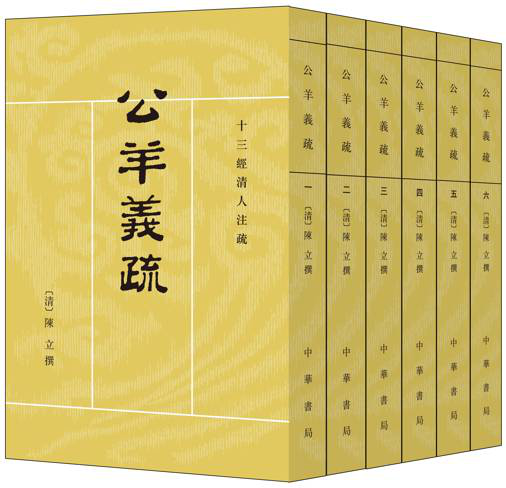
[“Gongyang Yishu” (Qing Dynasty Commentary on the Thirteen Classics)]“Gongyang Yishu” has 76 volumes, which are Written by Chen Li of the Qing Dynasty. Chen is well versed in classics and history, and is particularly knowledgeable in “Qingchun Gongyang”. Chen inherited the main exegesis of He Xiu’s “Gongyang Jieju” and strictly abided by the family law. He annotated the three subjects and nine edicts, Wang Lu’s theory, and the disaster theory. He also made many discoveries in text exegesis, identification of different characters in scriptures, and research on geographical location. “Gongyang Yishu” uses the style of collection and interpretation to review Jamaica Sugar Daddy‘s interpretation of the scriptures, citing all the old sayings of later generations, and adding more quotations , has important historical value. Published by Zhonghua Book Company in November 2017.
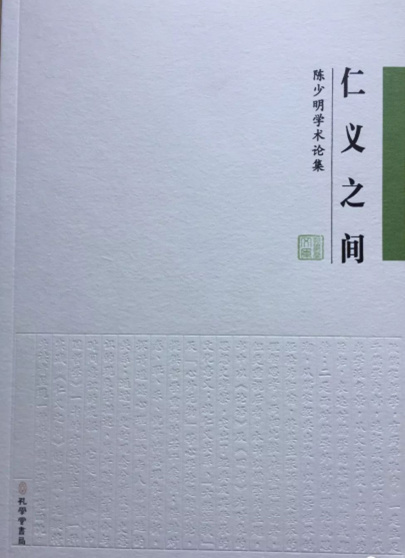
[Chen Shaoming’s “Between Benevolence and Righteousness – Chen Shaoming’s Academic Essays”]This book takes Confucianism as its theme and mainly includes an assessment and analysis of the history of thought with “The Analects” as the center. It covers four aspects: the reconstruction of Confucian philosophy, the discussion of moral and psychological experiences, and the philosophical discussion of history. Although the four units do not constitute a systematic treatise, these specific meanings can be integrated in practice in the sense that “the instrument speaks of the Tao”, that is, it reminds the experience of life. This book has a clear self-positioning, a conscious awareness of argumentation and reasoning, a firm methodological proposition, and the “courage of thought” to not only plunge into the turbulence of experience but also ensure that the power of thinking is not diminished. Published by Kongxuetang Bookstore in November 2017.
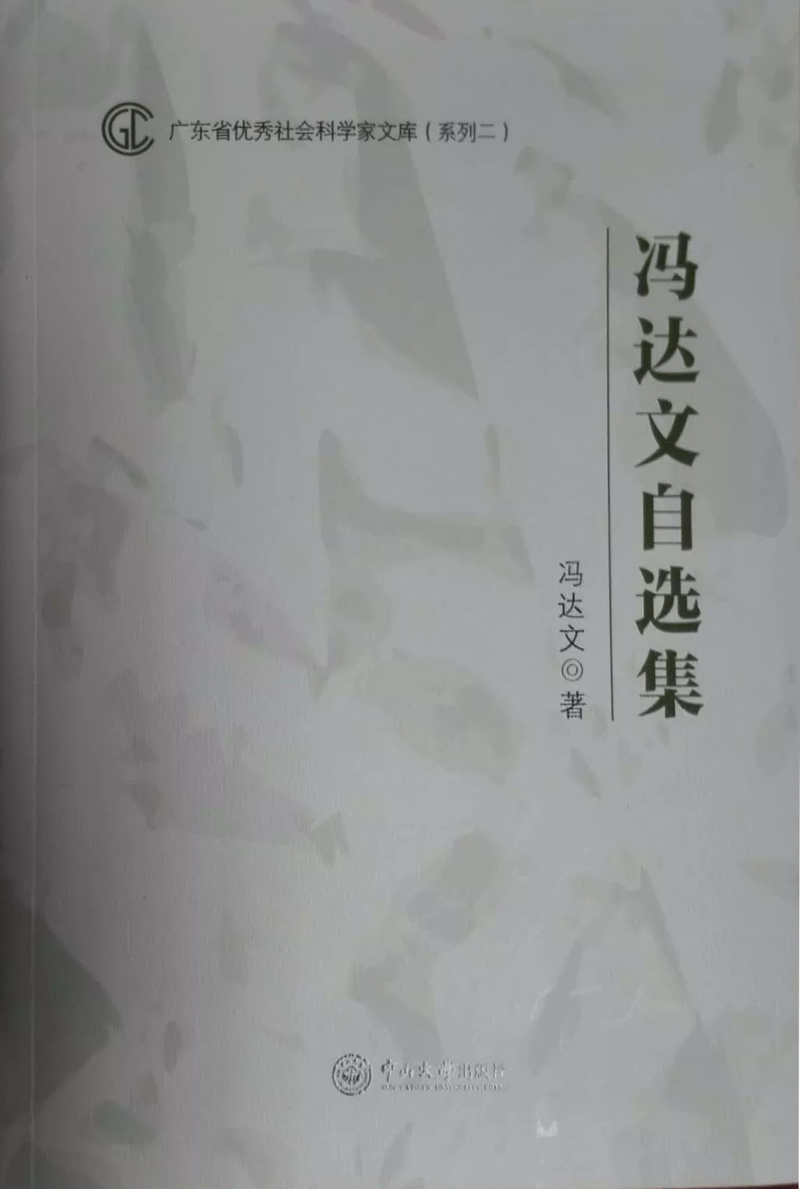
[Feng Dawen’s “Selected Works of Feng Dawen”]This book contains 16 essays published by the author in the past 20 years. The author has always used rationality and belief. The perspective of staggered development reminds the evolution of Chinese philosophy. Among them, the original Confucianism of Confucius and Mencius established the national characteristics of maintaining balance and tension between rationality and belief based on “everyday emotions in the world”. The qualitative exploration and pursuit of the critical consciousness of Chinese scholars reflected in the thorough examination of reality and life by Lao and Zhuang’s original Taoists all have unique expositions. What is particularly noteworthy to the academic circles is that in the field of cosmology in the Han and Tang dynasties, the author has written from the beginning. A deterministic evaluation was made from multiple dimensions such as cognitive methods, governance concepts, value orientations, etc., which was able to eliminate the negative abstractions of Han and Tang philosophy and restore the pioneering consciousness and romantic spirit of Han and Tang philosophy from the inner mind to the Liuhe universeJamaicans Escort‘s power; in the field of ontology during the Song and Ming dynasties, the author initiated a new trend of thought called “emotion-based theory – matter-based theory”, thereby weakening the cognition and value of “universals” alone the orientation of society The author’s independent research on the legitimacy of individual emotional life in the changes of secularization is fully discussed in this book, published by Sun Yat-sen University Press in November 2017.
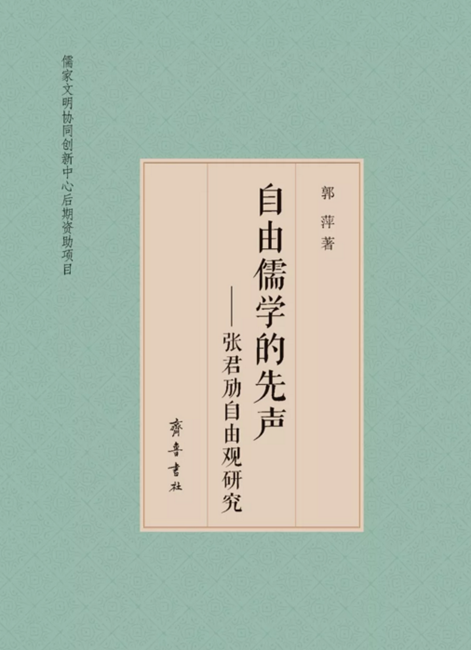
[Guo Ping’s “The Pioneer of Unfettered Confucianism—A Study on Zhang Junmai’s Unfettered Views”]This book is based on the author’s doctoral thesis “Zhang Junmai’s Unfettered Views” “Research” revised by the author. The purpose of studying Zhang Junmai’s view of freedom from restraint is not to be interested in the historical figure Zhang Junmai, but to use this as an analytical sample to conduct a new theoretical exploration of how Confucianism accepts and develops the issue of modern freedom from restraint. What is discussed is Zhang Junmai’s The view of freedom from restraint, but behind the analysis, it still highlights the theoretical thinking of unrestricted Confucianism – “tracing to the source – reconstruction”, that is: tracing back to the origin of all freedom from restraint, and under this condition, reconstructing the Confucian concept of ontological freedom from restraint, And then construct the Confucian concept of political freedom from restraint . In this way, unfettered Confucianism includes three conceptual levels: unfettered roots, unfettered confidants (unfettered in form), and unfettered politics (unfettered in form). Qilu Bookstore 2017 11. Published monthly.
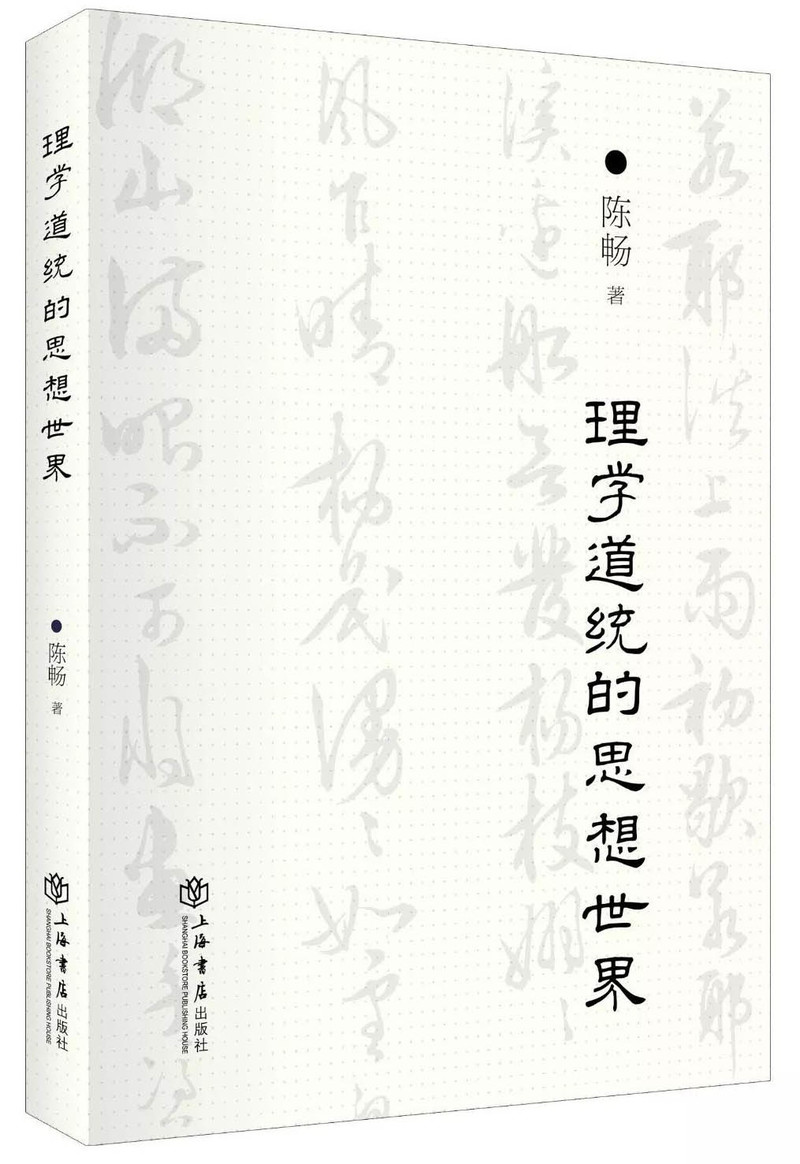
[Chen Chang’s “The Thoughtful World of Neo-Confucianism”]This book restores the role of Neo-Confucianism by deeply analyzing the integrated mechanism between Neo-Confucianism and the construction of political and religious order in the Song and Ming Dynasties. The face of the history of thought. The author points out that how to rebuild the ritual and music life originating from the feudal system (aristocratic system) in the era of common people’s county system was the focus of the thinking of Neo-Confucianists represented by Zhu Xi. From different angles, this book includes sorting out the ideological historical context of Zhu Xi’s theory of Taoism, analyzing the family ritual practice of Neo-Confucianists from the perspective of converting rituals into secularism, sorting out the political and religious issues in “The Case of Confucianism in the Ming Dynasty”, and examining the public personalities of Neo-Confucian schools (sacred gender), etc., to explore the overall thoughts and solutions of the Neo-Confucian group on the social and political problems of their era. Therefore, the Neo-Confucianism of the Song and Ming dynasties presented in this book is not a philosophical metaphysics limited to the “microscopic interior” in the eyes of modern people, but an ideological movement, social politics, and civilization-shaping movement that arose in response to the political and religious problems of the Song and Ming dynasties and had far-reaching influence. . At the end of the book is also included “”Good Nature”: Guidance or Reality? ” “Qiology Tradition and Late Enlightenment Thoughts” and other related papers to better present the author’s discussion topics. Published by Shanghai Bookstore Publishing House in December 2017.

[Zeng Hailong’s “Consciousness Only and Physical Application—A Study on Xiong Shili’s Philosophy”]The results of Xiong Shili’s thinking and research have been rich. This book takes a new approach and uses Xiong Shili’s philosophy Using the mind nature (consciousness only) and body function as clues, we sort out Xiong Shili’s philosophy and remind him of its value and the difficulties he encountered. On the one hand, the author points out from the perspective of modern philosophy that there is no fundamental difference between Xiong Shili’s ontology and substantive theory, and that the idea of co-constructing the mind body and the Yi body is suspected of “double ontology”. On the other hand, the author attempts to communicate with Kant and even Eastern philosophy with Xiong Shili’s new theory of consciousness, demonstrating the historical significance of Xiong Shili’s philosophy in integrating Chinese and Western philosophy. Shanghai People’s Publishing House, December 2017.
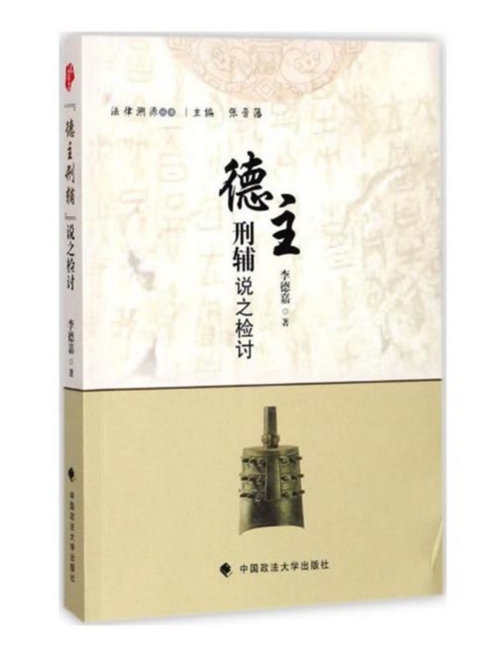
[Li Dejia’s “A Review of the Theory of “Morality Dominates Punishment and Assistance”]Academic circles generally believe that “Germany dominates punishment and auxiliary punishment” is the key to the Chinese legal system The main characteristics of “De main punishment”. The term “auxiliary” is not the original word of the predecessors. It is a summary of modern Confucian thinking on the relationship between morality and punishment. Confucian “morality” is the basis for modern social politics to comply with legal regulations, and the original meaning of “education” is not The more profound meaning of creating “people-oriented” The meaning lies in “turning the people into customs” and developing the habit of self-governance among the people. From the perspective of efficiency, “morality” is the foundation of politics and stipulates the basic form of modern social management in China, while “punishment” is used for politics. . So, in short, it can be unified The contemporary thinking on the relationship between morality and punishment is summarized as “morality is the basis of punishment,” and only by placing “morality” in the “basic” position can we truly understand the characteristics of the modern social governance model. China University of Political Science and Law Press, December 2017. Publish a book.

[“Historical Theory of the Rise of Yishu Studies” written by Qiao Xiuyan]This book discusses the existing works of Yishu in the early Tang Dynasty in the Southern and Northern Dynasties. There are Huang Kan’s “Lunyueshu”, Kong Yingda and others’ “Five Classics of Justice”, Jia Gongyan’s “IIJamaicans SugardaddyLi Shu” as well as the remaining surviving works of Huang Kan’s “Book of Rites” and Liu Xuan’s “Xiao Jing Shu Yi”, compared with other schools, the data of Huang Kan’s Yi Shu are richer and have distinctive characteristics, so they are discussed slightly. In detail, it is regarded as one of the models of Yishu studies in the Southern Dynasties. The Yishu studies of Liu Xuan and Liu Zhuo were based on the same works as those of Huang Kan and Jia Gongyan. href=”https://jamaica-sugar.com/”>JM Escorts The comparison between Yishu and Shu in the old times has serious reactionary significance, and it is necessary to examine the data, so it is discussed in the most detail. . The Yishu of Confucius and Jia were all reorganized based on the old Confucianism. The new and old Yishu are intertwined. Now we can take the two Liu Yishu as the basis.By distinguishing the old and new of the various theories that we have seen, the study of Liu Yi Shu can be said to be the key to reading Tang Shu. After the Second Liu Dynasty, the study of Yishu had lost its vitality. Jia Gongyan’s “Er Lishu” not only saw the basic method of traditional Yishu study, but also saw the new characteristics of the rising trend of Yishu study. All these discussions are based on the academic methods and thinking attitudes of each school of thought, regardless of the specific doctrine. This book is not a history of Confucian classics by Confucian scholars, but a history of Confucian classics by readers. Life·Reading·New Knowledge Published by Sanlian Bookstore in December 2017.
